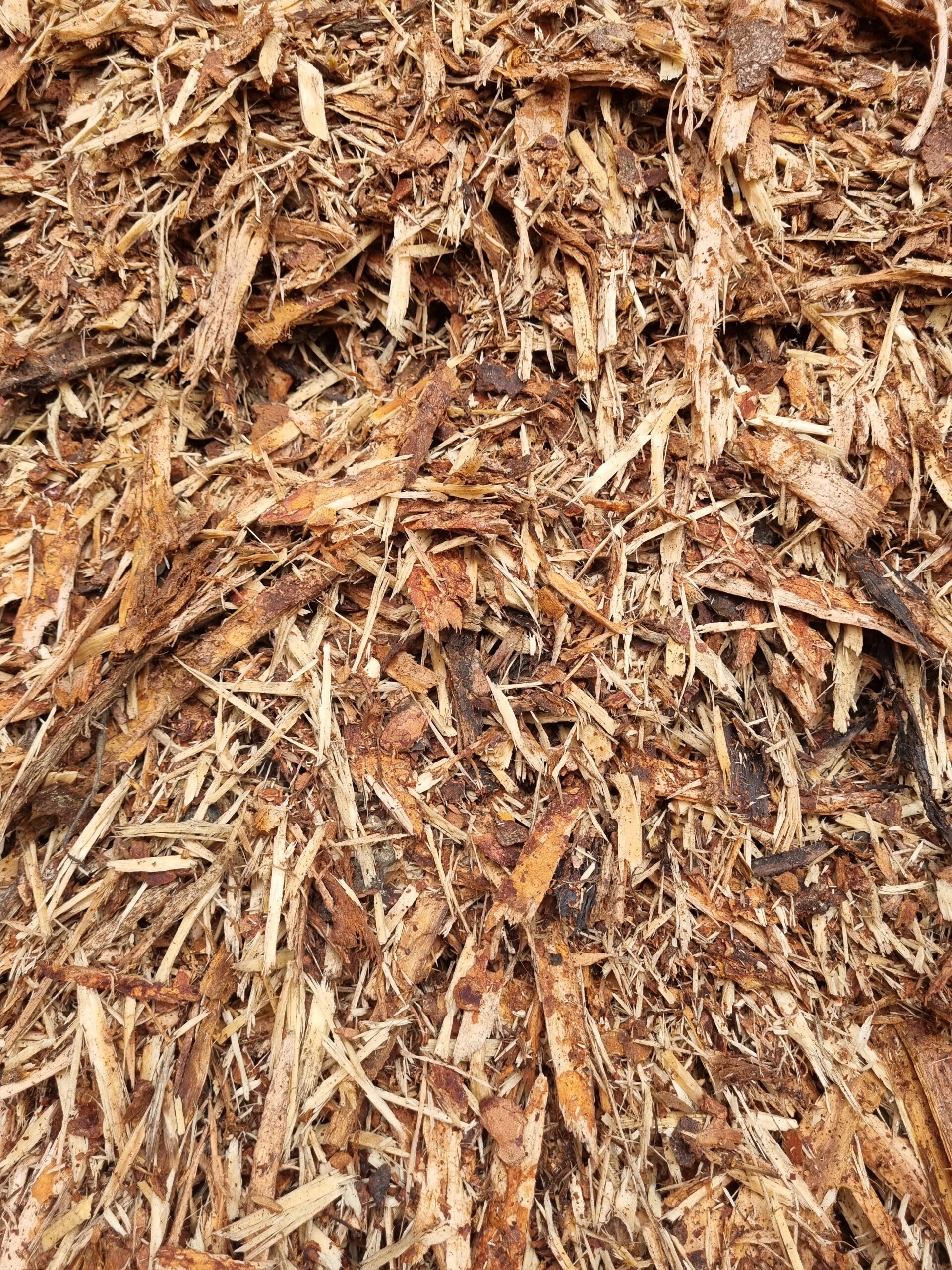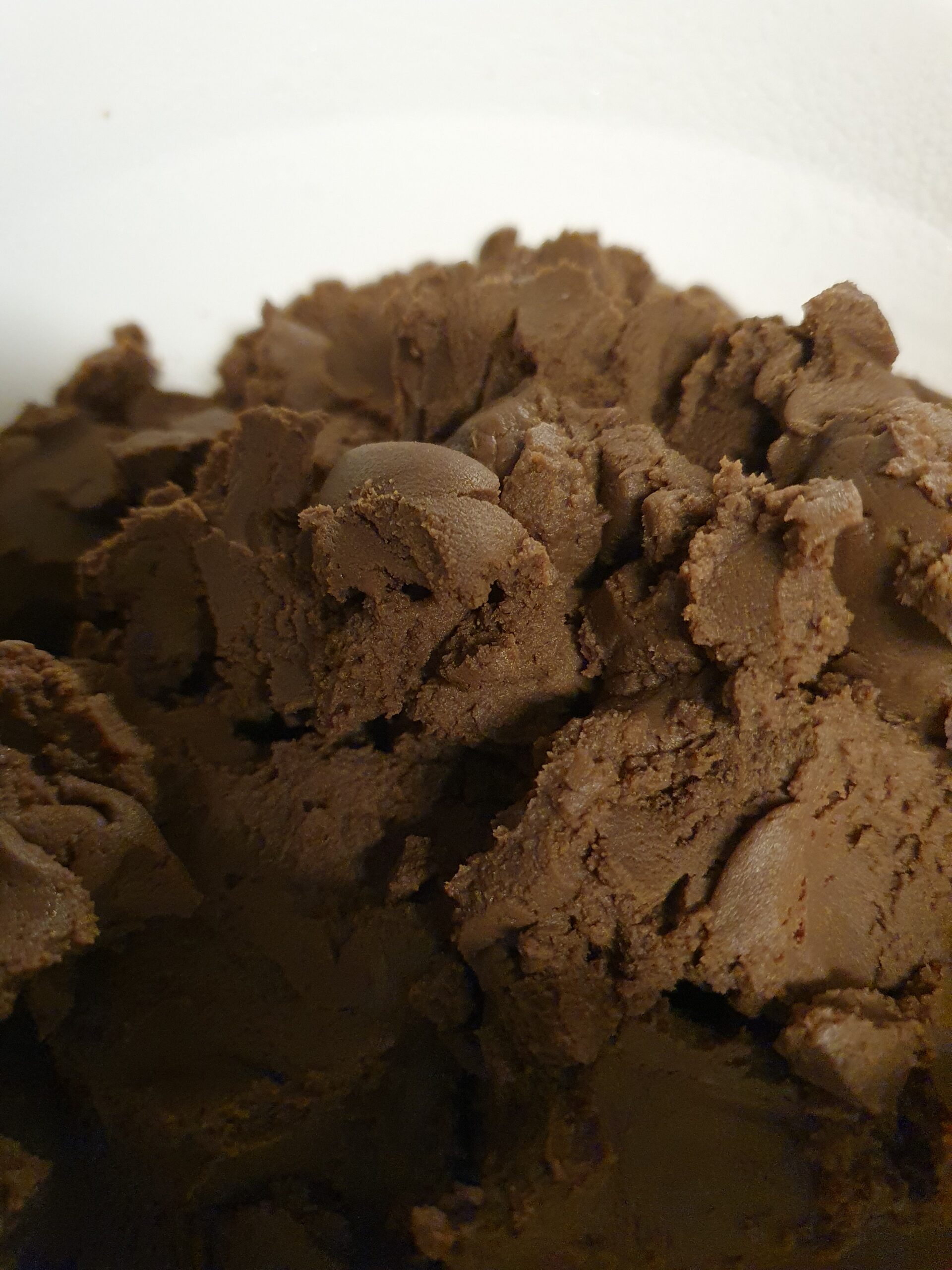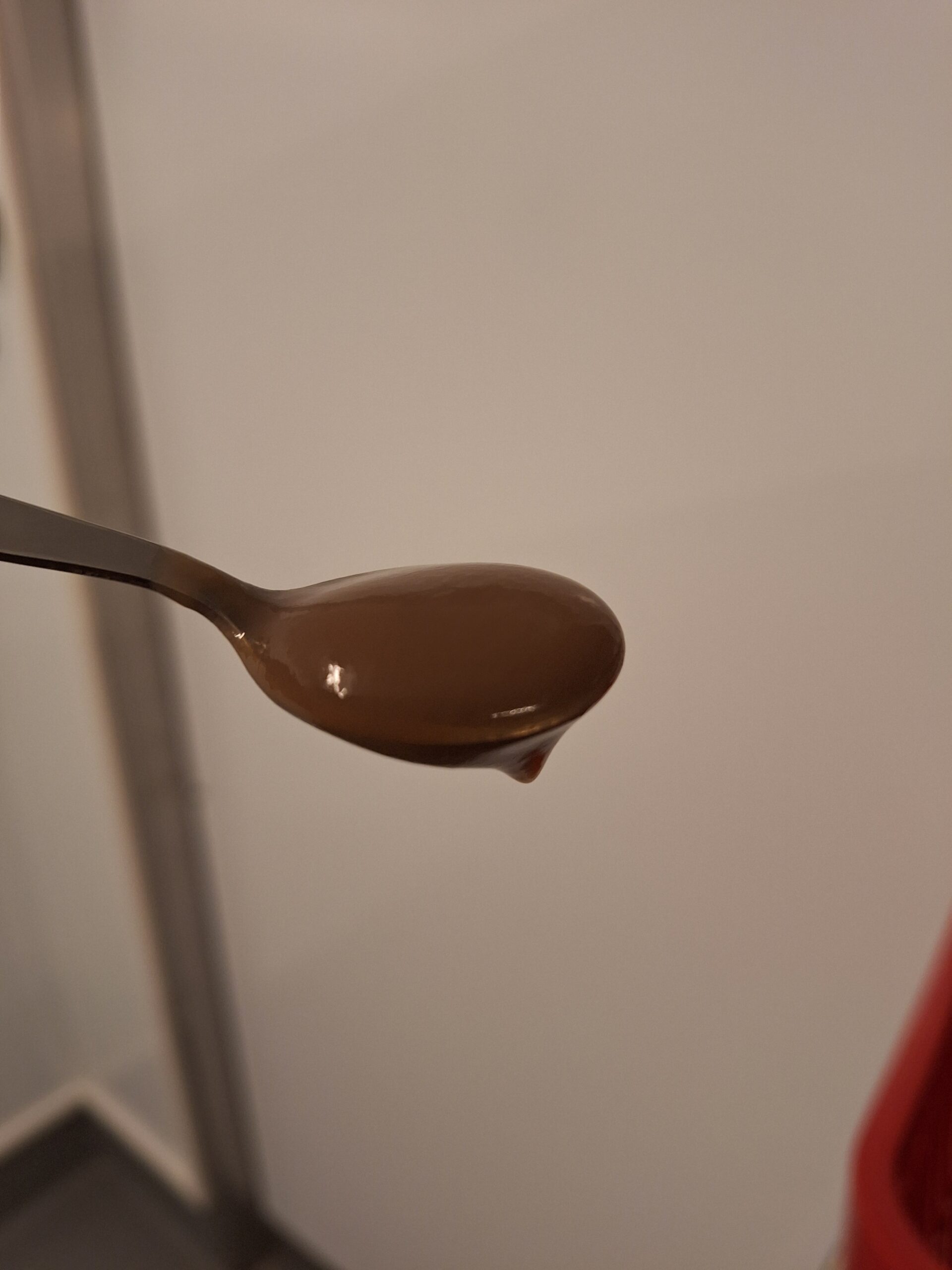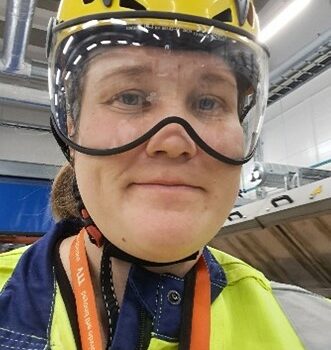
Bark polyphenols for biobased adhesives. Photo: Elisa Spönla, VTT
Abundant but underutilized
Softwood bark is an underutilised biomass resource, with an annual production of 14 M tons within the EU, that contains condensed tannins and other valuable polyphenolic compounds. Instead of burning bark for energy use, which is the current practice of the forest industries, the SuperBark project aims to valorise softwood bark into biobased chemicals that can be used to replace fossil-based and harmful chemicals widely used in current coating and adhesive products.
Despite its abundance, the use of softwood bark in chemical production has been hindered by the lack of suitable processing technologies. Traditional bark extraction techniques, such as hot water extraction, have yielded chemical products with low yield and purity. New processing technologies that could overcome the bottlenecks of traditional techniques are thus needed to enable the valorisation of softwood bark to chemical products.
Polyphenols for biobased adhesives
In Work Package 2 (WP2), the coordinating organisation VTT Technical Research Centre of Finland uses a patented alkaline extraction process to extract valuable and reactive polyphenols from softwood bark in higher yield (~25% on dry bark) and purity compared to traditional hot water extraction. In SuperBark, industrially relevant softwood barks from Finland and Türkiye are assessed as feedstock for the extraction process. A key objective of WP2 is to develop the extraction process so that the quality of the extracted polyphenols meets the requirements of adhesive development, meaning that extraction conditions and methods to recover the polyphenols from the alkaline extracts are in focus.
Seven months after the project kicked off, we have produced the first kg-scale batches of polyphenols from Nordic spruce bark provided by our project partner Metsä Wood and delivered the polyphenols to project partners responsible for adhesive development. Two different extraction conditions and recovery methods have been conducted, resulting in polyphenols with different chemical and structural composition. Feedback received on how the extraction conditions and polyphenol recovery methods affect polyphenol performance in the end use is utilized to further adjust the bark processing parameters.




1. Softwood bark side stream used for extracting biobased chemicals. 2-4. Processing bark nanocellulose for biobased coatings. Photos: Jenni Rahikainen, Panu Lahtinen, VTT
Complete utilisation of bark to materials
New biorefining processes should target at complete utilisation of the feedstock and therefore the cellulose-rich bark residue remaining after alkaline extraction is assessed also for the production of nanocellulose. Nanocellulose is a versatile biobased material bringing functionality such as improved mechanical or barrier properties to coating and adhesive formulations.
WP2 has produced bark nanocellulose from the spruce bark residue remaining after alkaline extraction. VTT has capabilities to adjust properties of the arising nanocellulose with respect to polyphenol content and nanocellulose viscosity. The different nanocellulose grades have been sent to project partners responsible for assessing their suitability especially for coating formulations for wood and fibre products. Feedback from project partners will be used to adjust the nanocellulose processing so that the arising nanocellulose quality is a good fit for the desired end-use.

Jenni Rahikainen, WP2 Leader
VTT Technical Research Centre of Finland Ltd
About the Team
Work in WP2 is conducted by VTT researchers mastering alkaline extractions of bark (Marc Borrega), polyphenol recovery methods (Anna Kalliola, Hanna Kyllönen), nanocellulose production (Panu Lahtinen), enzymatic biomass processing (Elisa Spönla) and biomass analytics (Atte Mikkelson) and with the technical assistance of several skilled people in VTT Bioruukki piloting center and in VTT FutureHub premises.